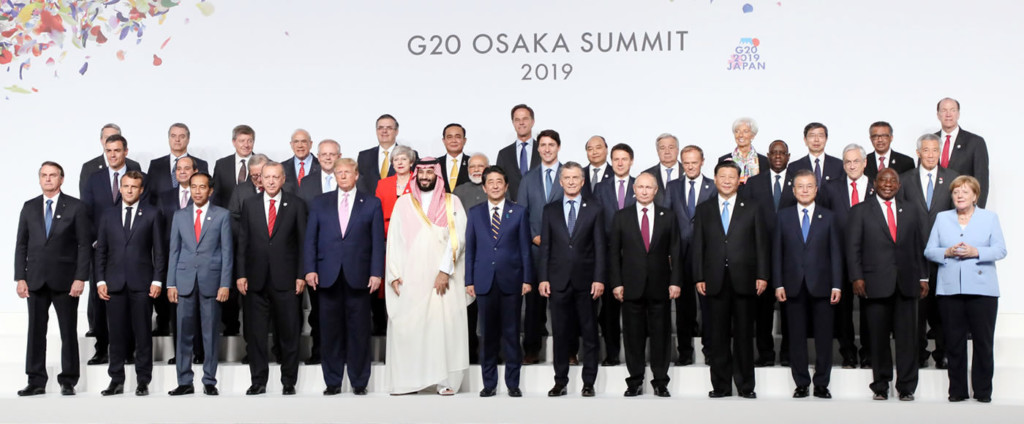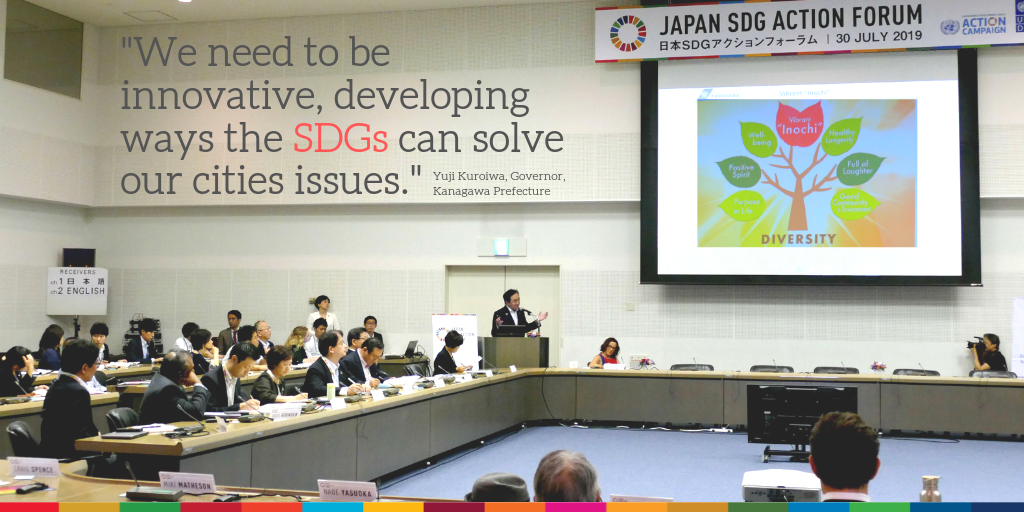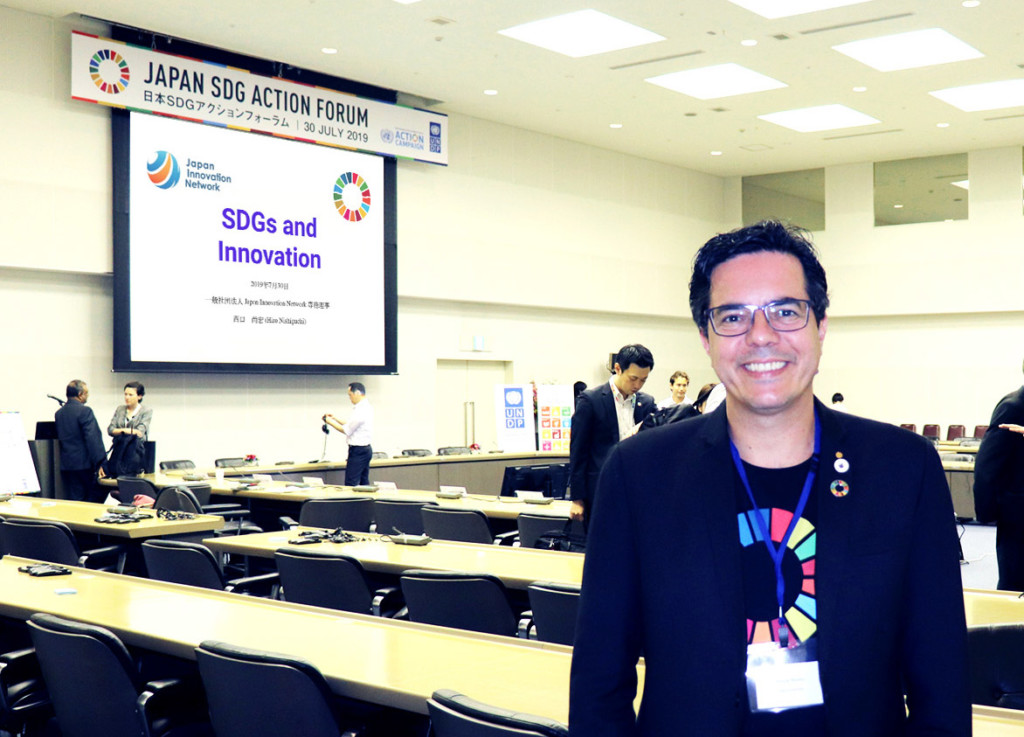The world is demanding a future ‘human-centred society’ that is based on innovation and sustainable development concepts.
“Changes call for innovation, and innovation leads to progress”, says Li Keqiang, the current Chinese Premier. An economist by trade, he is the leader of China, the second most powerful country in the world. However, China isn’t the only country looking for innovation; in my opinion, more than ever, the whole world is looking for innovative principles.
Decision-making for APAC countries keeps innovation as a central priority. Pictures above, Kyoto, in Japan.
One of the 2019 world’s most important documents is the 13-page G20 Osaka Leaders’ Declaration created in Japan this past June by 38 presidents and prime-ministers whose countries represent 80% of global gross domestic product.
The word “innovation” appears 16 times in this document declaring how innovating is a fundamental strategy for governments. The word “trade”, for example, appears 10 times, and the word “job”, 5 times only. Also, the term “sustainable development” comes up for a total of 40 times. In my point of view, this crucial document reveals what the top-world leaders are searching for: development (financial, industrial and economic) must be led by sustainable human-centred innovation. The document excerpt below illuminates this point:
“Innovation is an important driver for economic growth, which can also contribute to advancing towards the SDGs and enhancing inclusiveness. We will work toward achieving an inclusive, sustainable, safe, trustworthy and innovative society. We share the notion of a human-centred future society.”
World leaders at the first G20, in Japan.
In the same context, the 46 countries and territories that form the Asia-Pacific region have an important role in debating and promoting human-centred innovation. This topic will be highlighted in the 10th Asia Pacific Innovation Conference, promoted by the Asia-Pacific Innovation Network on October 10th and 11th, in Beijing, China. The conference aims to foster an exchange of knowledge related to innovation, science, and technology.
A similar discussion will be held in 2020 in Australia during the 2nd Disruptive Innovation Summit, an event that aims to help organisations rethink their innovation strategy. According to the event organisers, the world “requires organisations to constantly adopt, adapt and innovate to stay relevant.”
Japan SDG Action Forum in Tokyo.
I saw for myself state of art being showcased at this debate; I was invited by the United Nations to take part, on July 30th, in the Japan SDG Action Forum, a strategic event organised by the UN and the Japanese Government at the United Nations University in Tokyo.
More than 150 participants from a range of disciplines come together to share, learn, identify existing synergies and hopefully foster the much-needed connections to advance innovation through the sustainable development lenses. The Japanese are searching for the “SDGs Japan Model” to inspire the world. Toshiko Abe, State Minister for Foreign Affairs, points out that the government’s strategy is based on Society 5.0, which is a human-centred, highly innovative model that focuses on the ‘SDG future cities’ that are inclusive to everyone.
Furthermore, a society in which physical, natural and digital life happen harmoniously requires a world where the well-being of humans is at the centre of the solution. For this achievement, ‘innovative sustainable development’ is more than a concept; it is a philosophy that needs to be adopted by all. This idea was supported by Yoshiya Hoshino, Deputy Permanent Representative of Japan at the United Nations: “This means that we should take care of humans based on a harmonious relationship with the earth’s natural environment, driven by human-centred science, technology, and innovation.”
Me at Japan SDG Action Forum that took place at The United Nations University in Tokyo.
To summarise the event, I share below a short video that I edited for the United Nations:
Humanity has a huge challenge ahead, trying to accomplish a human-centred future; it is up to our generation to redesign the world. From my perspective, Design Thinking is an excellent tool for helping with this trial, mostly because of its human-centred innovation approach that becomes very clear in the Echos’ principles “We believe innovation only happens through people”.
*This article has been edited and adapted by Rani Ghazzaoui Luke.
—
Follow us on social
Instagram – Facebook – LinkedIn – Youtube
How Can We Help?
- For training and Innovation Journeys in your company: check out our in-house course offering.
- For upcoming courses in your region: visit our website.
- For upcoming events in your region: look at our event calendar.
- If you have a special project and would like to use Echos’ consultancy services: send us an email.
Want to speak to a real person? Call us on 1300 502 006






